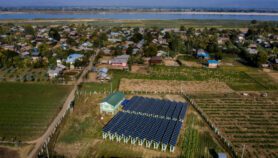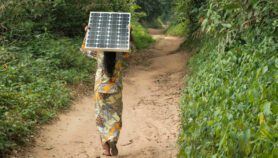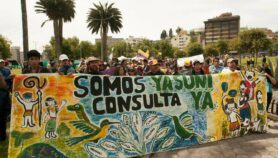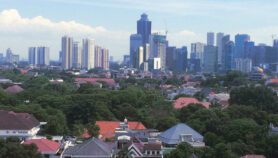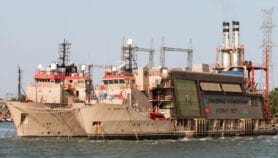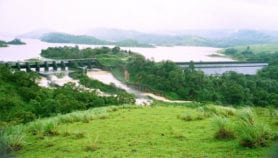By: Catarina Chagas
Send to a friend
The details you provide on this page will not be used to send unsolicited email, and will not be sold to a 3rd party. See privacy policy.
Growing global demand for oil and gas is leading to an unprecedented level of exploration and development in the Western Amazon, according to a study.
But, the researchers say, this has had environmental and social impacts in the region, which are likely to worsen without improved policies to minimise damage and protect specific areas.
The Western Amazon remains a largely intact biologically rich ecosystem, and is home to many indigenous groups, including several living in voluntary isolation.
Save America’s Forests, a campaign to protect and restore natural forests around the continent, mapped current and potential oil and gas extraction activities in the region, using data from governments and news sources that track the oil sector. The results are published in PLoS ONE this month (13 August)
They found that around 688,000 square kilometres of forest has been designated by governments for hydrocarbon activities, which they can then lease to state and multinational energy companies. Around 35 multinational companies are currently working on them.
In Colombia the exploration blocks cover less than one-tenth of the forest, but in Ecuador and Peru they represent more than two-thirds. In Bolivia and Brazil there are few recorded impacts, but exploration areas are growing fast.
"The world knows that the eastern Amazon continues to experience problems with deforestation and fragmentation, but the western Amazon still has large tracts of intact rainforest,"Matt Finer, Save America’s Forests staff ecologist, told SciDev.Net.
"We are worried that these projects could disturb and open up some of the most remote and intact places," adds Finer.
The researchers say governments should encourage companies to conduct roadless extraction projects so that forest is not opened up to logging and hunting, consult indigenous groups on extraction projects and give outright protection to lands belonging to groups living in voluntary isolation.
They add that environmental assessments should be carried out by neutral parties at a regional, not just national, scale.
Adalberto Luis Val, director of the Brazilian National Institute of Amazonian Research, says, "Oil and gas exploration in the Amazon must be accompanied by investment in scientific research, so we can know the effects of activity on the environment and on people of the region and seek alternatives to minimise them".



